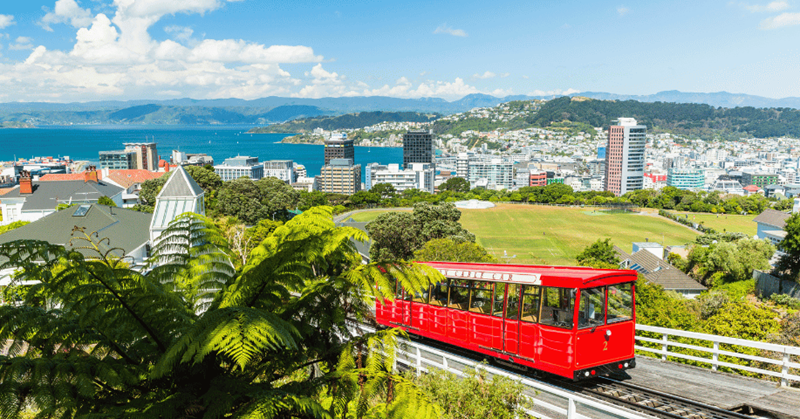
Living in New Zealand
When you first arrive, you may not start working or get paid straight away so you’ll need some additional funds to help you get comfortable. Consider setting aside money for:
- Temporary accommodation while you look for a place to live
- Bond/deposit and your first month’s rent – rent is paid in advance, and a bond or deposit is typically the amount of one month’s rent
- Mobile phone and internet access
- Transport and food
Finding a place to live
Your choice of accommodation will depend on your financial state, where you want to live and whether you want to share with others. Fortunately, there are several websites that allow you to search by proximity, price, and additional features. We recommend using the two options below:
Location
The first and most important consideration is determining where you will live and base yourself. You may also need to consider the proximity to work, schools, daycare, and other key facilities when home hunting.
You will also need to consider transport options between your home and work. Many New Zealanders still drive to work, but in large cities and towns there are public transport networks.
You neighbourhood can affect your lifestyle and how you explore and settle into your new home. That’s why we recommend researching neighbourhoods that appeal to you, and exploring different suburbs to get a sense of whether they’ll suit you long term.
Fun fact
Three quarters of New Zealanders live on the North Island, and the remaining quarter reside on the South Island. With a small population to land ratio, there’s plenty of room for everyone!
Types of accommodation
When it comes to housing, there are several options available:
- Studios have a bed, sofa and kitchen all in one room with a separate bathroom
- Apartments or units have one or more separate bedrooms and share a common entrance from the street, and may share costs (such as maintenance fees), via a Body Corporate, and may have shared spaces such as communal laundry and car parking
- Houses have their own entrance from the street and often have their own private front and back garden/yard
- Shared accommodation, or as they are commonly called in New Zealand, “shared houses,” is where you may rent a room within a larger home and share facilities like a kitchen and bathroom
Rights and responsibilities
In New Zealand, tenants have specific rights and responsibilities. However, what these are may differ depending on the state or territory you live in so make sure you do your research before entering a rental agreement.
When to start looking?
Spend the time doing research and look at accommodation before you move. You may need to stay in hotels, hostels or use a short-term accommodation provider like Airbnb when you first arrive, so you can inspect living options and put together your rental applications.
Setting up a bank account
To open a bank account in New Zealand, you will be required to provide both proof of identity and proof of address (for example an energy bill or lease).
Do research before deciding which bank to open an account with. Bank websites will give you general information and you can also book in consultations to ask questions and make sure you understand the benefits, terms and conditions.
Some of the largest banks in New Zealand include:
Aside from the large banks, there are several smaller brands that are local to specific regions or states that will also be worth considering for your banking options.
Paying your utility bills
Timing for paying bills differs according to the utility and managing body. Some will bill quarterly, others monthly. To find out more, research energy company websites to figure out what best suits your needs. You can also use consumer information websites like Canstar and Powerswitch to help you compare prices.
Transport
Due to the geography and small population, public transport in New Zealand is primarily focused in larger cities and towns. If you need to rely on public transport to get around and commute, the following links will provide information about travel options and cost:
Want more information? Read part one of our New Zealand destination guide.